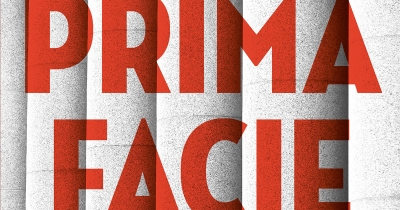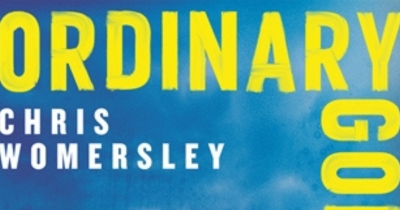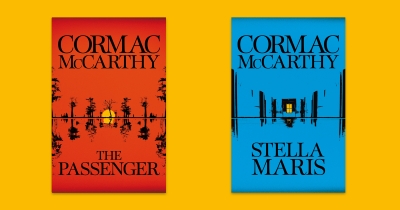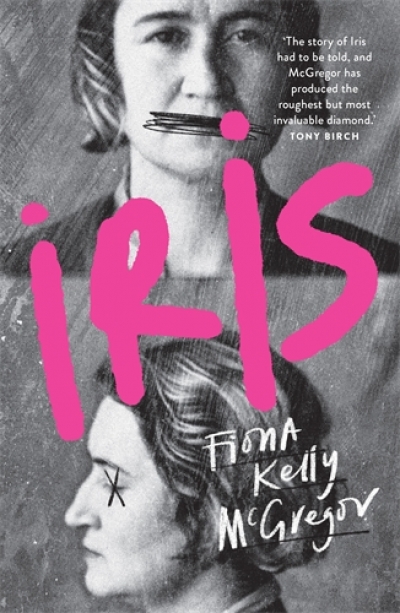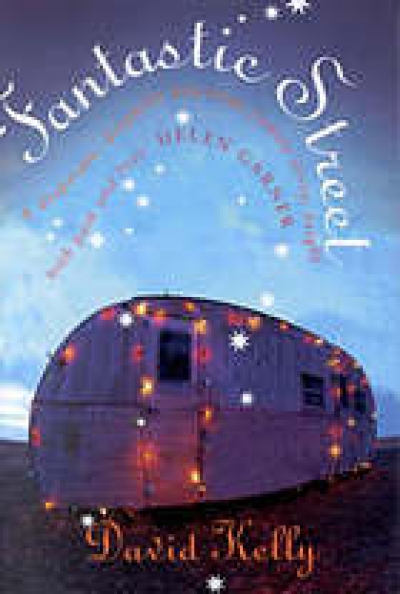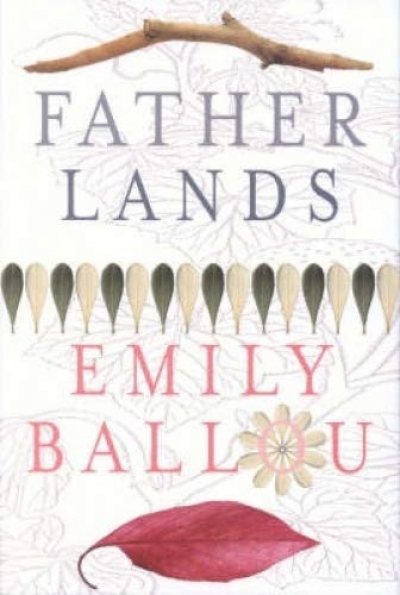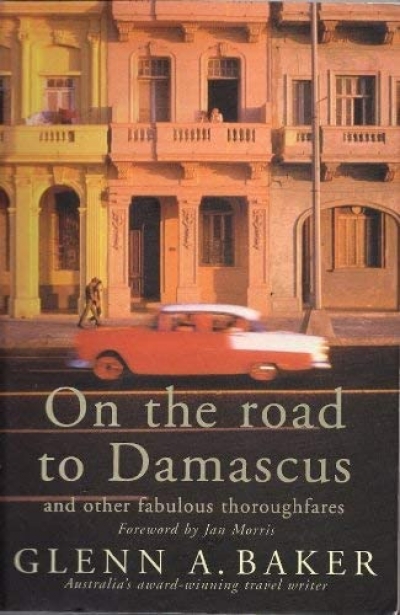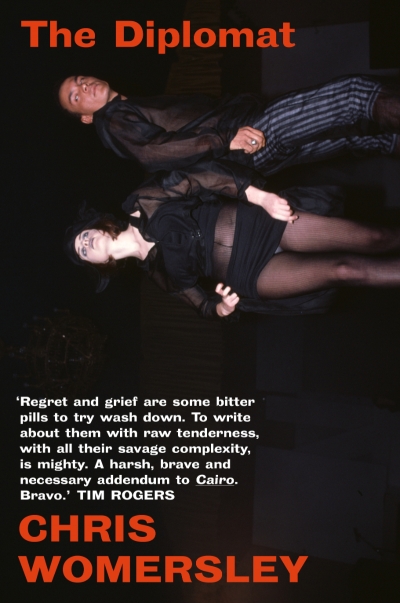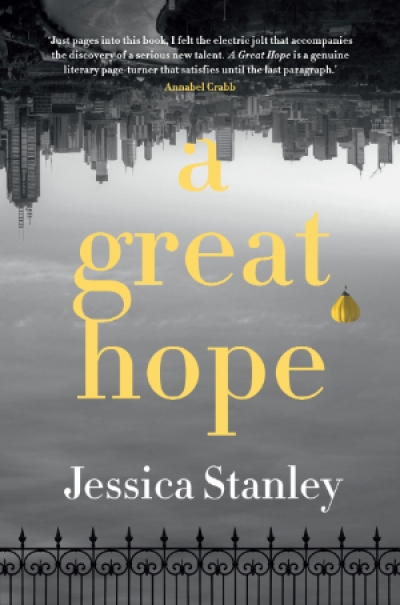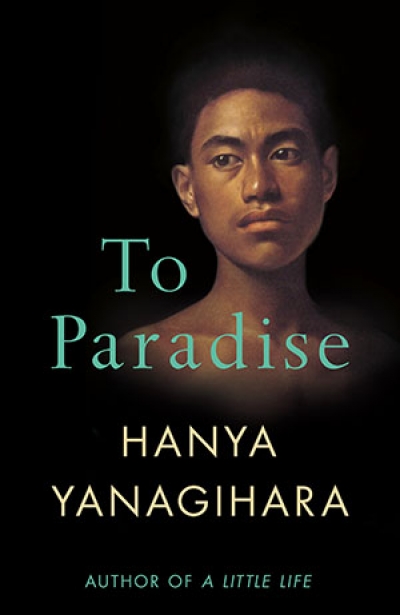My first thought on reading Father Lands was of Lasse Hallström’s film My Life as a Dog (1985) in the way that both novel and film enter so completely and unerringly into the world of childhood with all its quirks, illogicality, and fears. But there are other traditions at work in this novel, set in Milwaukee in the mid-1970s, and which recounts Cherry Laurel’s experience of the ‘Historical Experiment’ of integrating black and white primary school students. Ballou, an American who has made Australia her home for the last decade, may also have had in mind the use of a child’s-eye perspective that runs through American literature from Huckleberry Finn and To Kill a Mockingbird to Donna Tartt’s The Little Friend, in which matters of great historical significance, particularly the racial history of the USA, are brought into relief by the stark honesty of an ingenuous child-narrator.
...
(read more)

